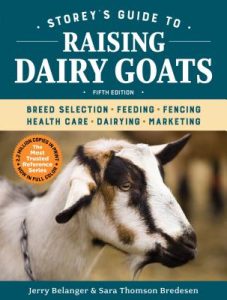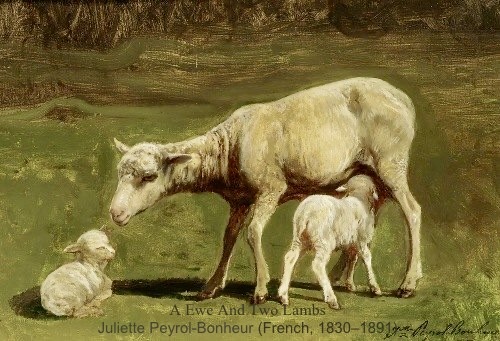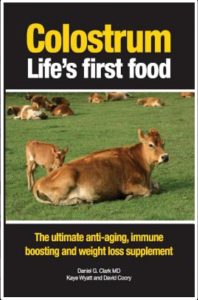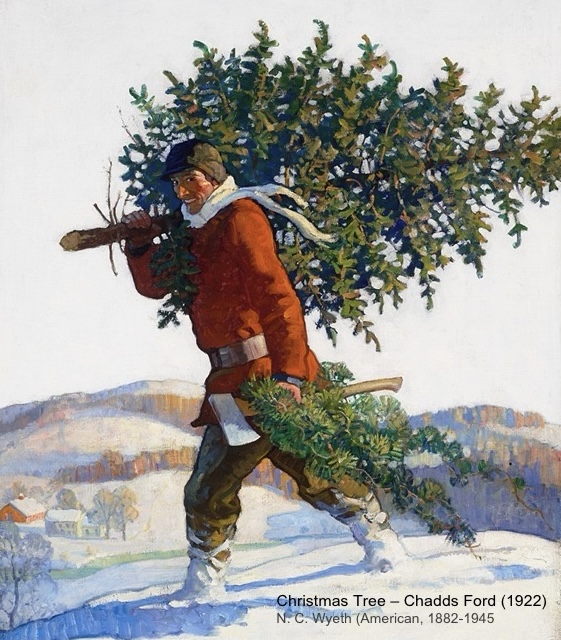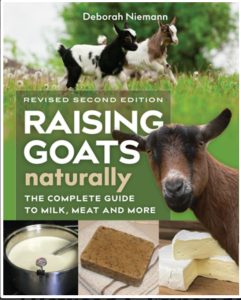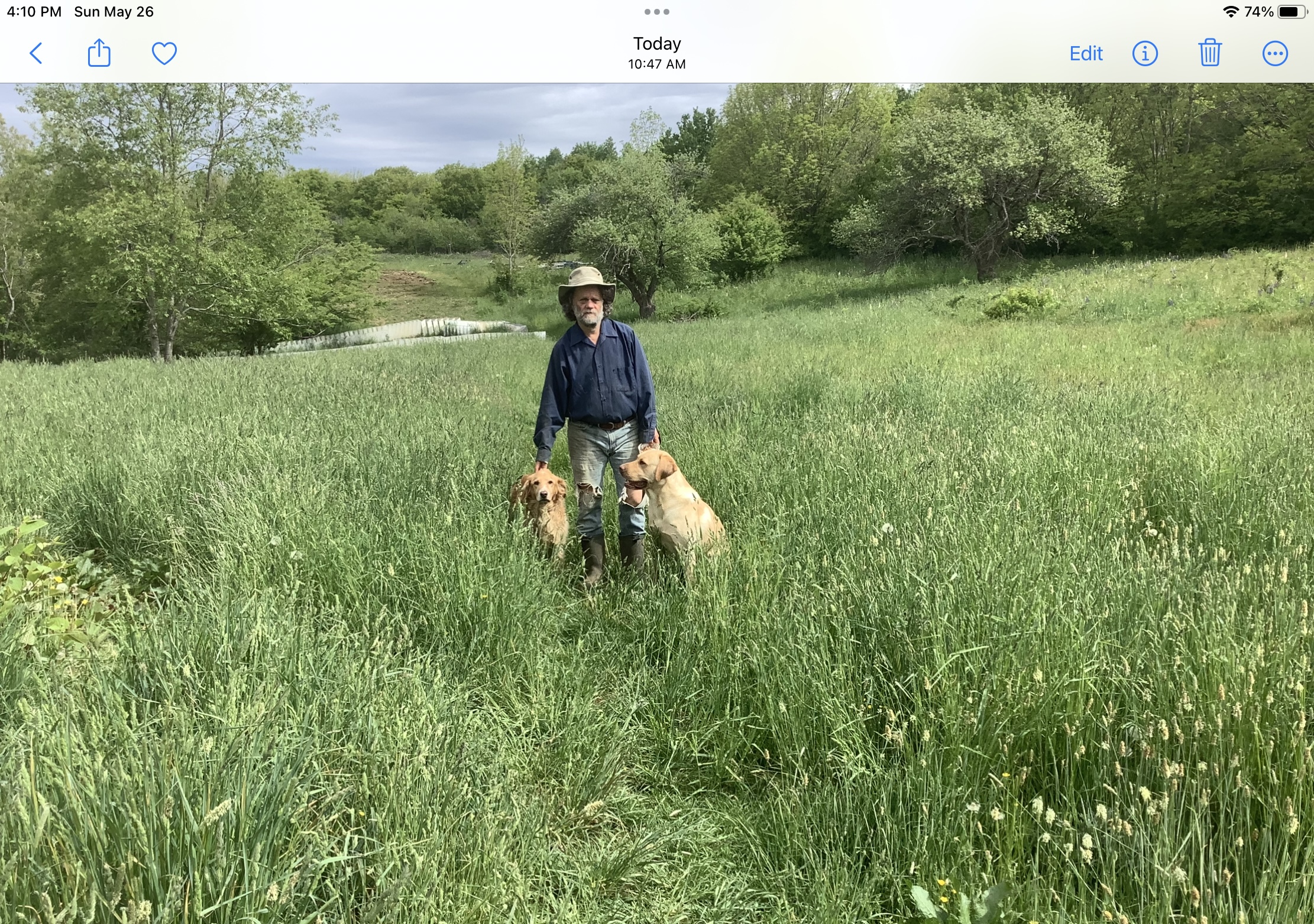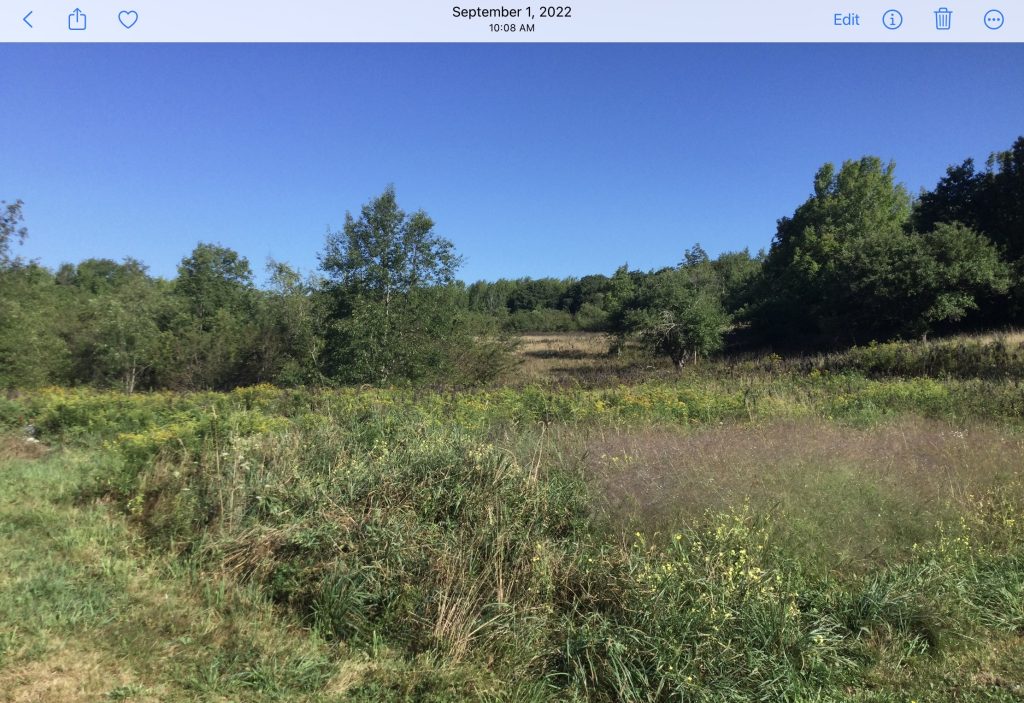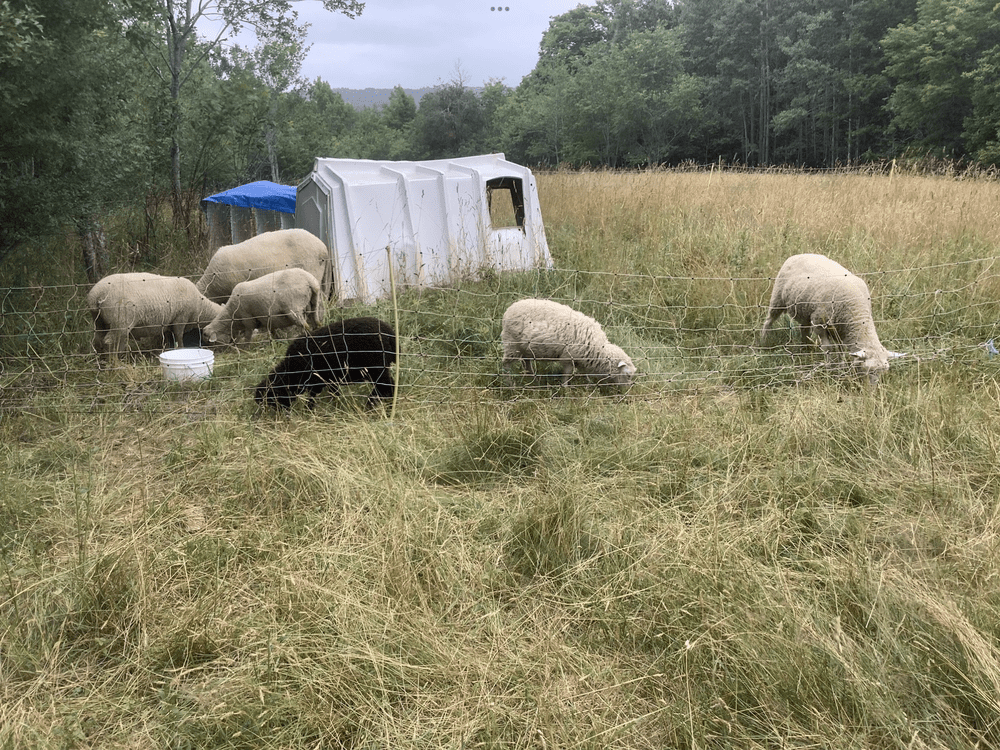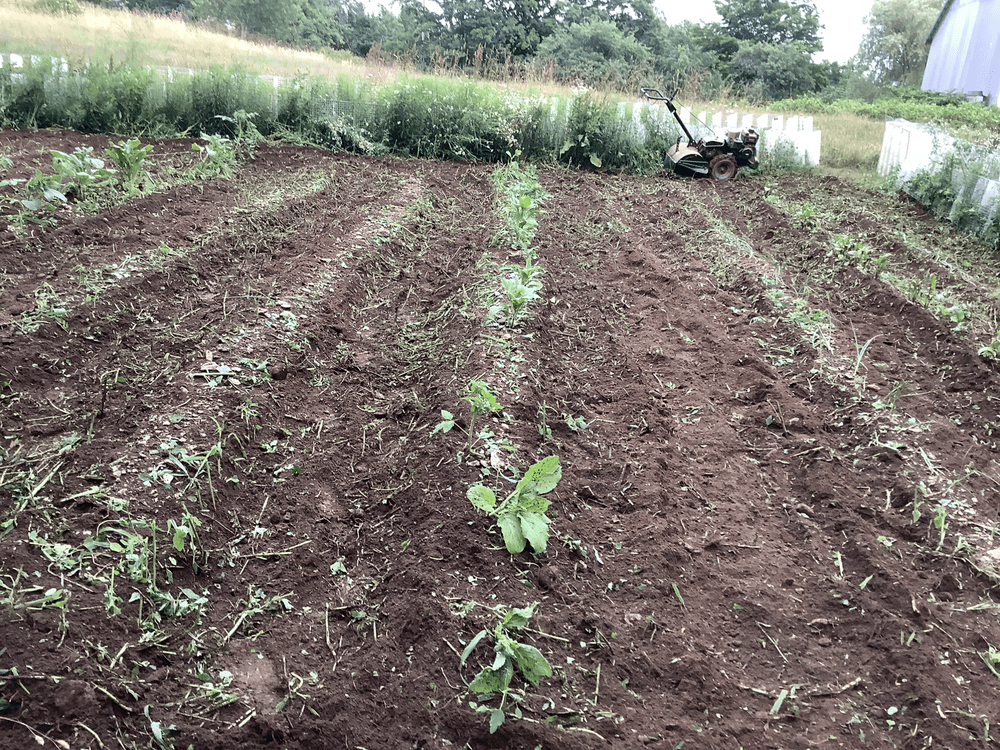Over Feeding Potatoes, Especially Frozen Potatoes, to Goats May Cause Bloat
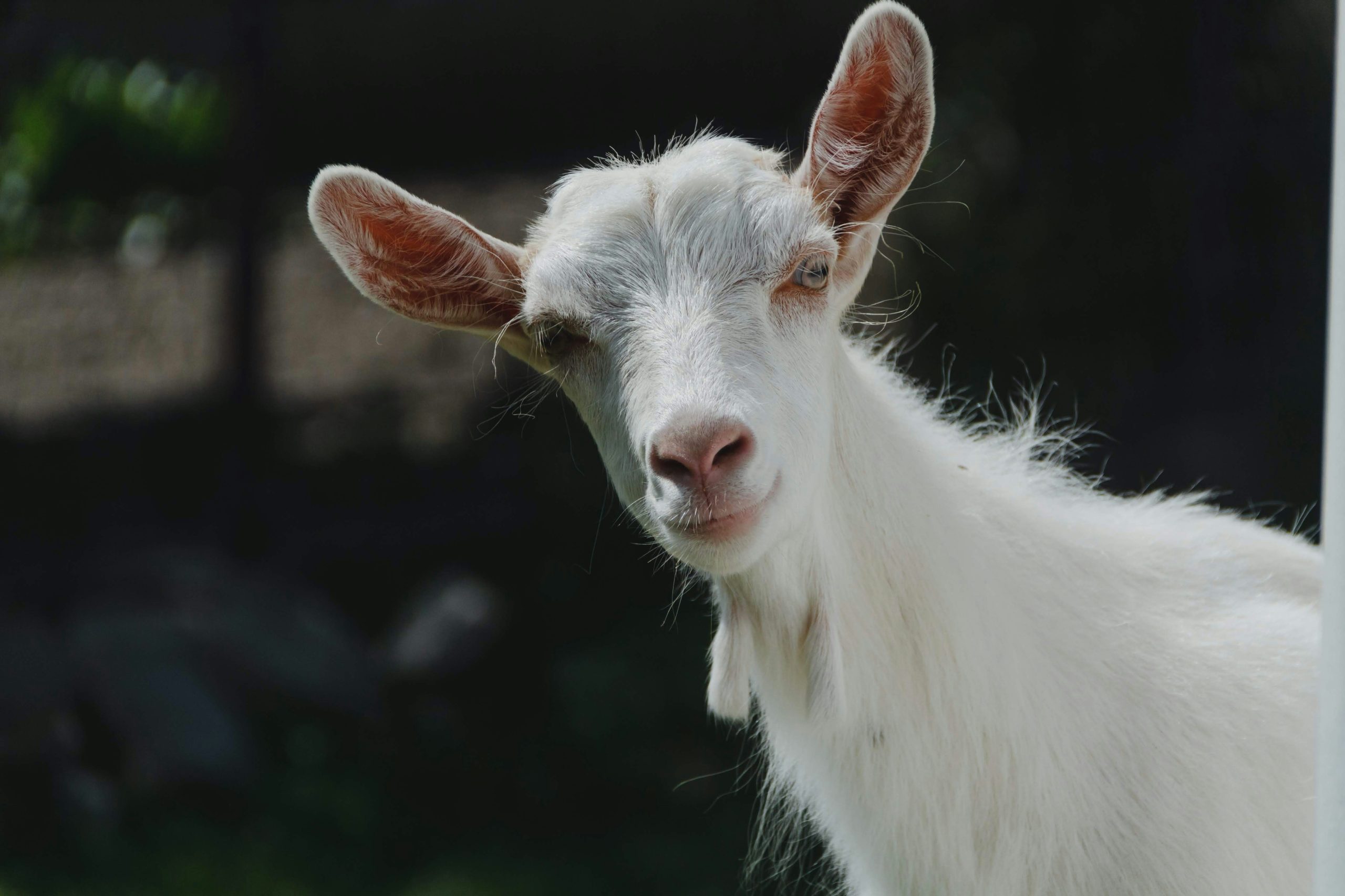
Yes, we found out the hard way! Overfeeding potatoe, especially frozen potatoes, to goats can lead to bloat and other digestive issues. Here’s why:
1. Starch Overload
Potatoes are high in starch, which goats’ rumens aren’t well-equipped to handle in large quantities. Excess starch can disrupt the balance of microbes in their rumen, leading to fermentation, gas buildup, and potentially bloat.
2. Frozen Potatoes & Digestive Shock
Frozen potatoes can be harder for goats to digest, potentially causing impaction or slowing down digestion, which increases the risk of bloat.
3. Solanine Toxicity
While potatoes themselves aren’t highly toxic to goats, green or sprouted potatoes contain solanine, a natural toxin that can cause digestive distress and other health issues if consumed in significant amounts.
4. Improper Fermentation in the Rumen
Goats thrive on fibrous foods like hay and browse. When fed too many starchy foods like potatoes, their rumen microbes struggle to process the food efficiently, leading to excessive gas production and the risk of acidosis or bloat.
Safe Feeding Practices
• Moderation is Key: Feed potatoes only as an occasional treat, not a dietary staple.
• Avoid Frozen or Rotten Potatoes: Stick to fresh, cooked, or well-chopped raw potatoes.
• Balance with Roughage: Ensure goats have plenty of hay and fiber to aid digestion.
• Monitor for Bloat Symptoms: Look out for a distended abdomen, discomfort, excessive salivation, or trouble breathing, and seek veterinary help if needed.
Our Goals, especially two of them, love them. We nearly lost two! They bloated. It didn’t take a lot just two or three per goat. Possibly because they got into someone else’s. If that happened they might have overloaded that way. Now, we feed them sparingly. Our sheep seem to handle them much better, but we’re being careful about them too!
